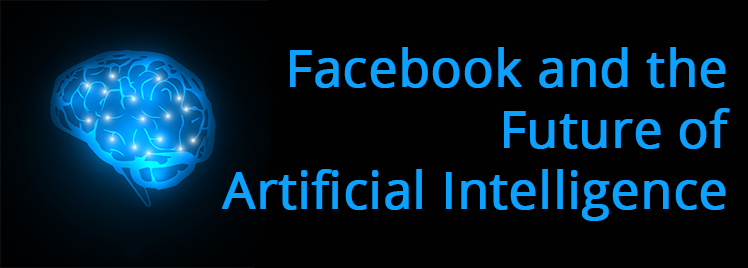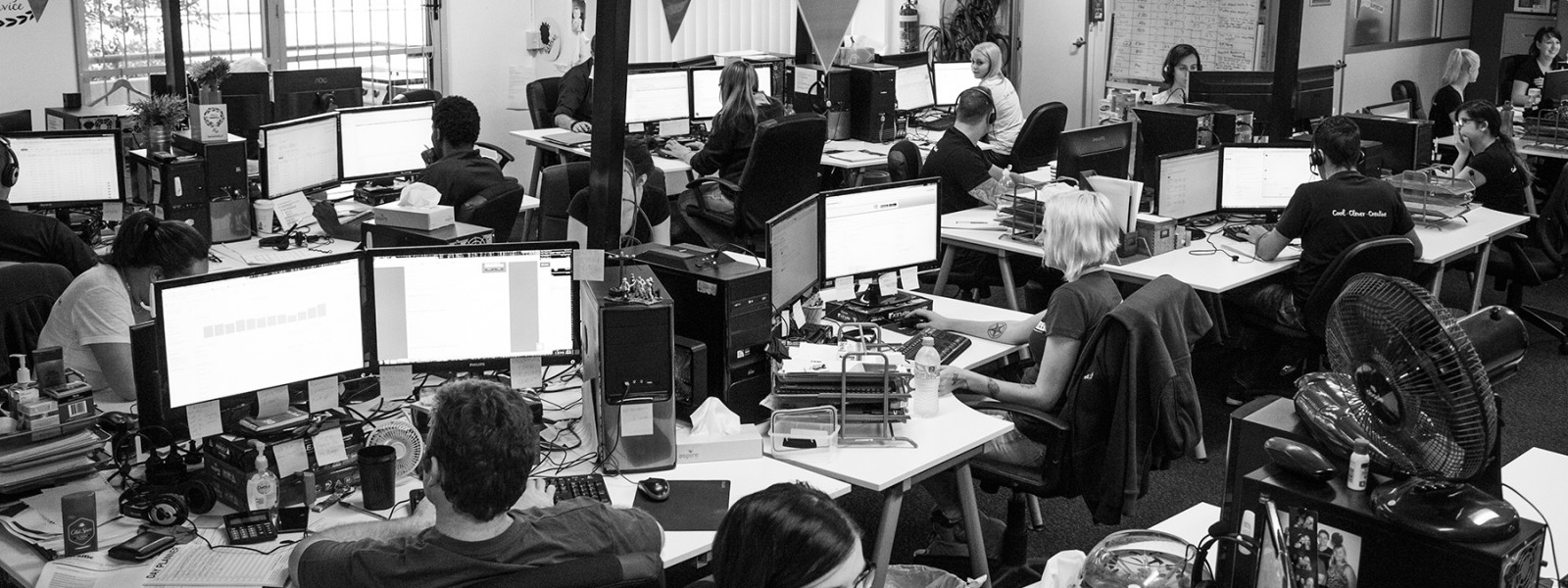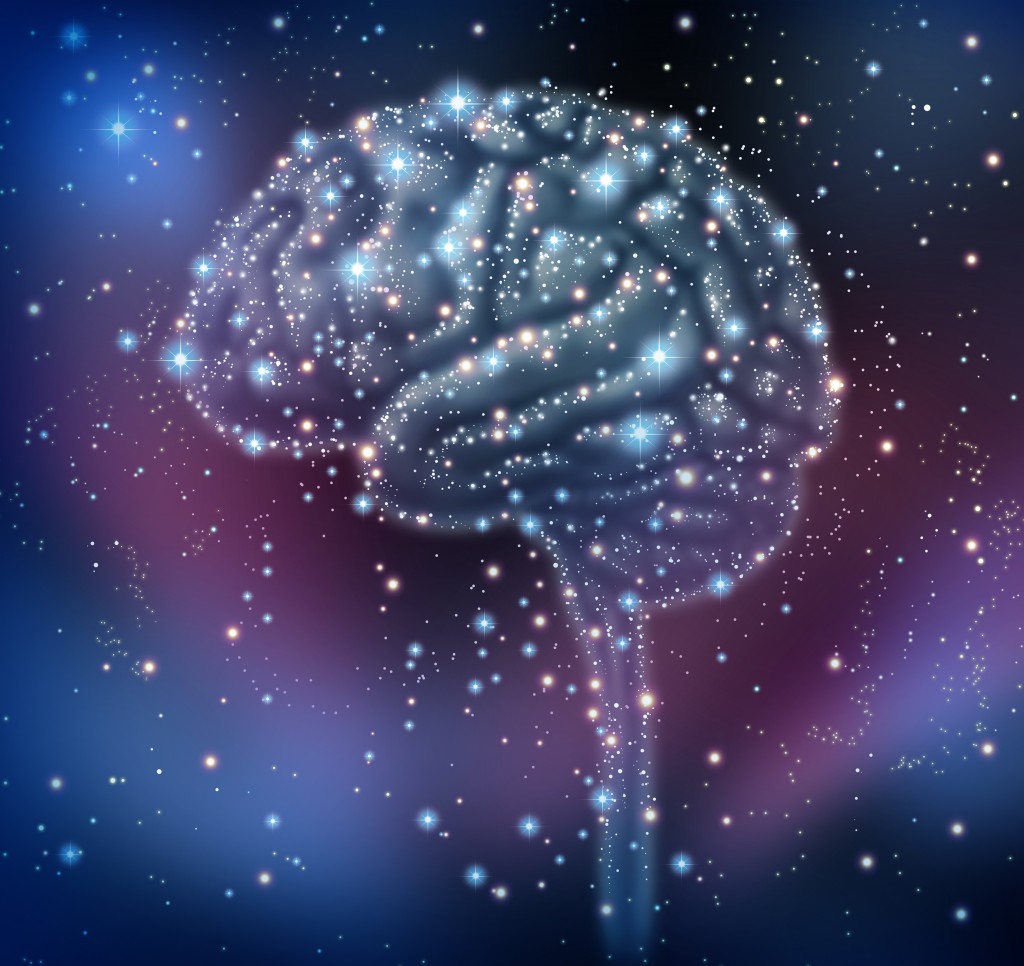-
Traffic
Get More Traffic
SponsoredLinX offers a number of different services to help drive more qualified traffic to your website. Google Ads Management Search Engine Optimisation Microsoft Ads Facebook Advertising Google Ads Mobile“SponsoredLinX are a rarity in today’s market place, they promise a lot but deliver more. Our business has grown by over 400% in one month; we are amazed at the difference they have made.”
-
Conversion
Convert More Leads
Our second step is making sure that your website is able to convert the traffic you receive into leads for your business. Optimising your website to convert more leads is important to a profitable campaign. Web Development Convertopages Do It For Me eCommerce“I just want to say thank you! The changes that you have applied in our AdWords campaign have definitely seen an improvement on click quality and sales for HippityHop.”
-
Retention
Retain Your Customers
As you build up a customer base you need to make sure to keep engaged and retain your relationship. Facebook Management LinX App“SponsoredLinX fully redesigned our main company website with a fresh, clean and professional look. The ‘Google friendly’ web design were part of the fantastic ongoing service we received.”

Facebook and the Future of Artificial Intelligence
A step in the right direction?
Hollywood has fed us fantasies of artificial intelligence (A.I.) since the dawn of sci-fi filmmaking. From movies like ‘The Terminator’, ‘The Matrix’, ‘I’, ‘Robot’ and ‘Transcendence’; but with most of the movies showcasing A.I. as a negative, are we ready to understand what it means to take the next step in this direction?
Behind the scenes, Facebook is working on an intriguing list of projects; using drones to deliver Internet to the developing world via world first drone technology through internet.org, bringing virtual reality into actual reality with Oculus. Then there’s A.I. If you’re not a science buff, A.I. is the ability of a non-organic lifeform to do things we deem intelligent behaviour for people or animals. For example, a machine’s ability to problem-solve and learn for itself to improve performance.
Study into this area, which used to be considered science fantasy, was once reserved for Universities, but now big tech firms are keen to get involved. Is it that they see a monopoly to be had with such advancements, or is there a general want and a need to fast-track the future? Facebook’s VP of engineering, Jay Parikh, along with Professor Yann LeCun, who is the first Director of Facebook’s A.I. research, both think A.I. is a necessary step, one that could not be accomplished without Facebook’s incredible infrastructure, rich data and top talent.
So what does a company like Facebook want from breaking into A.I.? Firstly, if you’ve ever clicked on a ‘see translation’ button on a post that was created in another language, you’ve already interacted with the beginnings of Facebook’s A.I. The Facebook Artificial Intelligence Research team, known as FAIR, is working on pushing computers toward general intelligence and developing machines that comprehend and learn from the world around them. The goal is to make Facebook and all its future technologies more intuitive… more human.
Facebook’s mission is to connect the world. If we have machines with a little bit of common sense, know a little bit about the world around them, can learn about you and your interests, your habits, likes and dislikes, it could be a very useful tool with an unlimited number of applications. In the meantime, Facebook is using these technologies to develop a lot of useful things – selecting content that might be of interest to individual users, filtering objectionable content, translating an image into text for the visually impaired, translating foreign languages, and importantly for businesses, getting your content in front of the people who are most likely to engage with your brand.
One of the company’s latest projects that can clearly show the steps and progress they are making is a project called ‘M’. It’s a personal assistant that you can ask any kind of question, any kind of problem, and help schedule and organise your daily life. At the moment, some of the questions obviously require a human response, so whenever a machine can’t answer a question, it’s sent to human trainers who can then teach the machine how to do a better job next time. What Facebook are looking to do is take the digital assistant idea to the next level. If you’ve ever used Siri on an Apple device, you’ve by now realised that every response is scripted. A team has come up with thousands of possibilities and answers designed to take you down a path. You’ll either get the answer you need, Siri won’t know the answer and crack a joke, or it will try and give you an alternative.
On the physical side of A.I., you’ve got Facebook’s Internet.org service. Essentially, this is an Internet-beaming drone, designed to connect the billions of people who are offline in the developing world. The solar-powered drone weighs just 880 pounds and has a wingspan larger than a Boeing 737, and is designed to fly at altitudes between 60,000 to 90,000 feet for up to three months at a time. Where does A.I. come in? Well, having someone control a drone for three straight months could prove costly. Factor in that there will obviously be a lot more than one drone, and you’ve got a problem before you even get one drone off the ground.
To help solve this issue, Facebook are looking to create a detailed map of the human distribution throughout the world. Visualising this will help Facebook map Internet droughts more accurately and help automatically drive the drones to where they are most needed. This could then be used for so much more than identifying areas in developing countries with a lapse in communication. Imagine a natural disaster that wipes out communications for a city, a drone could easily pick this up and fly to that area to provide the support needed to get necessary and lifesaving information to support services.
People are still sceptical of A.I., and will constantly reference back to ‘Skynet’ and ‘Judgement Day’ from the Terminator movies, but although these topics are entertaining, they simply aren’t realistic. As humans, we can’t comprehend an intelligent entity that doesn’t have the drives, feelings and emotions of a human; because we are the only example we are familiar with. What A.I. presents us with are challenges to change our thinking in regards to how things have always been done. Innovation is on our doorstep, and Facebook is leading the charge.


